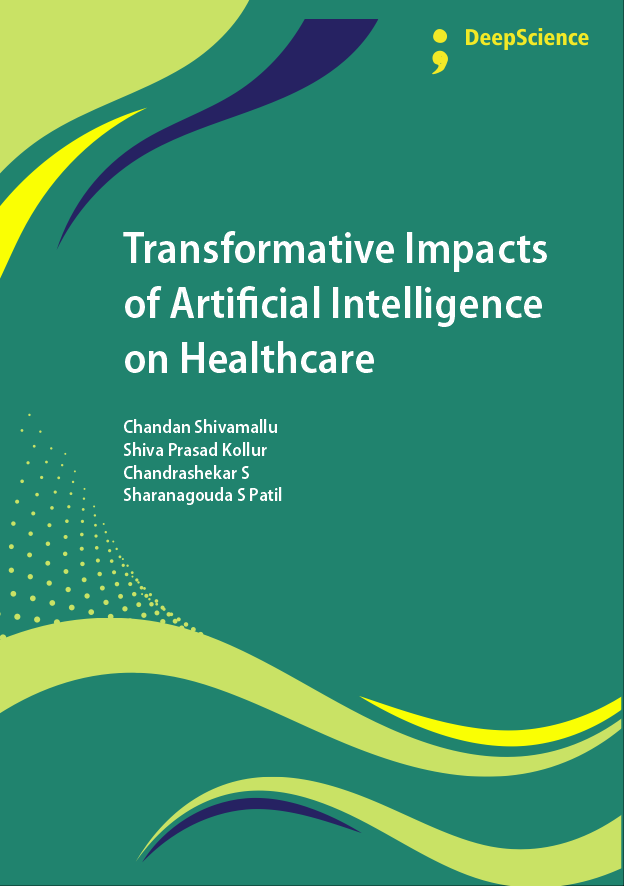Artificial Intelligence in Healthcare: Principles, Applications, and Clinical Implications
Synopsis
Healthcare is a fundamental part of individual well-being, maintaining social order and developing economies. The delivery of organized preventive, diagnostic, curative and supportive services make up a healthcare system that includes primary, secondary and tertiary levels. Healthcare has developed from traditional, cultural-based forms of service delivery into an integrated, multi-disciplinary practice including medicine, nursing, behavioral science and public health. Contemporary healthcare systems are becoming patient-centered, relying on technology and delivering care through settings beyond hospitals (including community, telehealth and digital health platforms). New technologies including artificial intelligence, personalized or "precision" medicine and genomics will continue to transform the methods used for diagnosing, treating and accessing healthcare. However, despite significant advances, healthcare continues to be both an individual right and a collective obligation. Creating sustainable, fair and effective systems of healthcare delivery necessitates reconciling technological advancement with compassion; the need for efficient use of resources with the need for equitable access to those resources; and technological advancements with human dignity.














